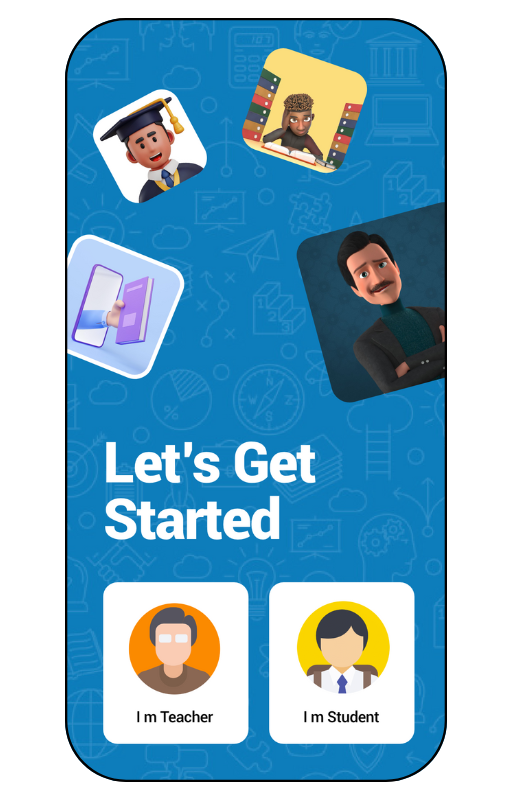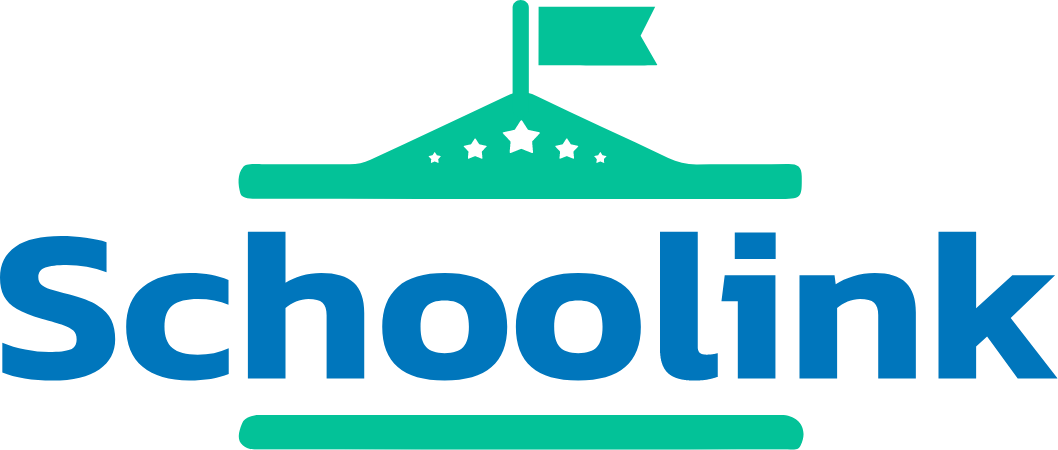
The world of education is in a state of constant evolution. From the earliest days of chalkboards and textbooks to the present era of interactive whiteboards and online learning platforms, education has always adapted to the changing times.
In recent years, one of the most profound and revolutionary changes has been the integration of Educational Technology, commonly known as EdTech, into classrooms.
EdTech is not just another tool in the teacher's toolbox; it represents a seismic shift in how education is delivered and received.
Here are five compelling reasons why EdTech is ushering in a new era of teaching and learning.
One of the most significant advantages of EdTech is its ability to personalize learning experiences for every student.
Traditional education often relied on a one-size-fits-all approach, where teachers delivered the same content to an entire class, regardless of individual learning styles or paces. EdTech, on the other hand, empowers educators to tailor their teaching to each student's unique needs.
Adaptive learning platforms, intelligent algorithms, and data analytics make it possible to identify a student's strengths and weaknesses accurately.
As a result, students can progress at their own pace, ensuring that they fully grasp each concept before moving on. No more falling behind or getting bored due to a mismatch between a student's abilities and the curriculum.
Just enter your email, and we’ll deliver the article to your inbox for reading at your convenience.
Inclusivity is a cornerstone of modern education, and EdTech is a powerful ally in ensuring that no one is left behind.
This technology has the potential to break down geographical barriers, making quality education accessible to remote or underserved communities.
Moreover, EdTech addresses diverse learning needs, from students with disabilities to those who require additional challenges. Text-to-speech tools, captioned videos, and screen readers enable students with disabilities to access educational content seamlessly.
EdTech also offers multilingual support, accommodating students from various linguistic backgrounds. It's a giant leap towards making education a truly inclusive and equitable experience.
Engagement is the key to effective learning. EdTech infuses lessons with interactivity and engagement, turning education into a dynamic and immersive experience.
Gamification elements, virtual labs, 3D simulations, and augmented reality applications transform abstract concepts into tangible experiences. These interactive tools not only capture students' interest but also enhance comprehension and retention.
EdTech fosters active participation through forums, discussion boards, and collaborative projects, creating a sense of community and promoting social learning. Learning becomes not just a passive absorption of information but an active, participatory endeavor.
Data is a potent tool for educators. EdTech platforms collect a wealth of data on student performance, engagement, and learning patterns.
Teachers can harness this data to gain deep insights into each student's strengths and weaknesses. Armed with this information, educators can tailor their teaching strategies to suit individual needs, thus maximizing the chances of student success.
Early intervention becomes possible, as educators can identify struggling students and provide timely support. Data-driven decision-making ensures that every student receives the attention and assistance they need to thrive academically.
The traditional model of education often concluded with graduation, leaving graduates ill-equipped to navigate the demands of a rapidly changing job market.
EdTech extends the concept of education beyond the classroom, fostering lifelong learning. Online courses, webinars, and microlearning modules enable individuals to acquire new skills and knowledge at their convenience.
EdTech also supports professional development, helping teachers stay current with the latest pedagogical trends and technological advancements.
Lifelong learning is no longer a luxury; it's a necessity in the digital age. EdTech ensures that the pursuit of knowledge is a lifelong journey.
In conclusion, EdTech represents more than just a technological upgrade in education; it signifies a fundamental shift in how we approach teaching and learning.
It champions personalized learning, inclusivity, engagement, data-driven decision-making, and lifelong learning. While challenges exist, such as the digital divide and concerns about data privacy, EdTech continues to evolve, offering innovative solutions to these issues.
As we move forward, EdTech's revolutionary impact will undoubtedly shape the future of education, creating more equitable, engaging, and effective learning experiences for students of all ages and backgrounds.
And speaking of innovative solutions, consider exploring Schoolink, an EdTech platform that embraces these principles to empower both teachers and students. With its personalized learning features, inclusivity-driven approach, interactive engagement tools, data-driven insights, and support for lifelong learning, Schoolink is at the forefront of the EdTech revolution.
Discover how Schoolink can enhance your teaching experience and redefine education for the better.


Schoolink - Your educational app
for insights, tips, and trends